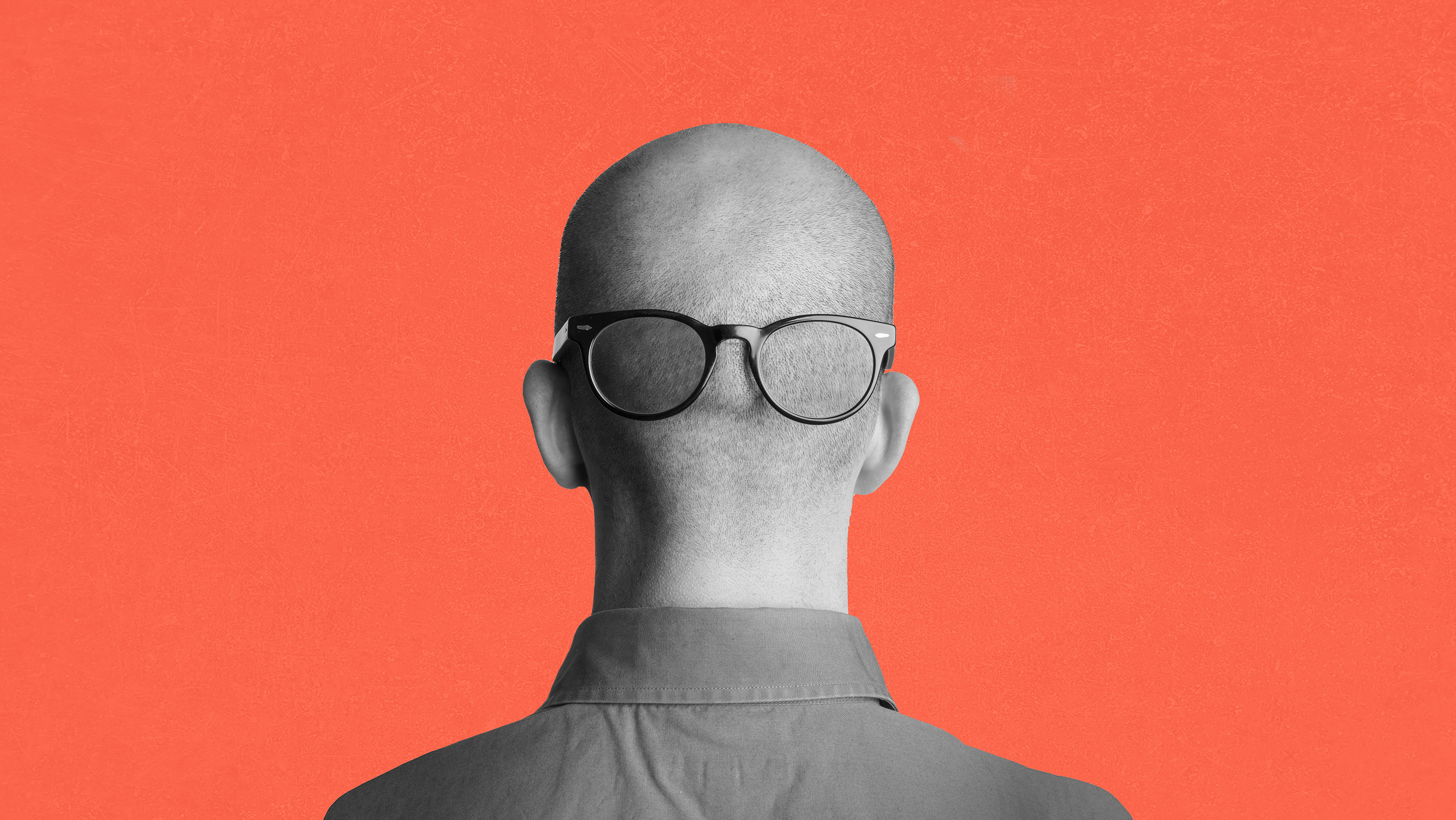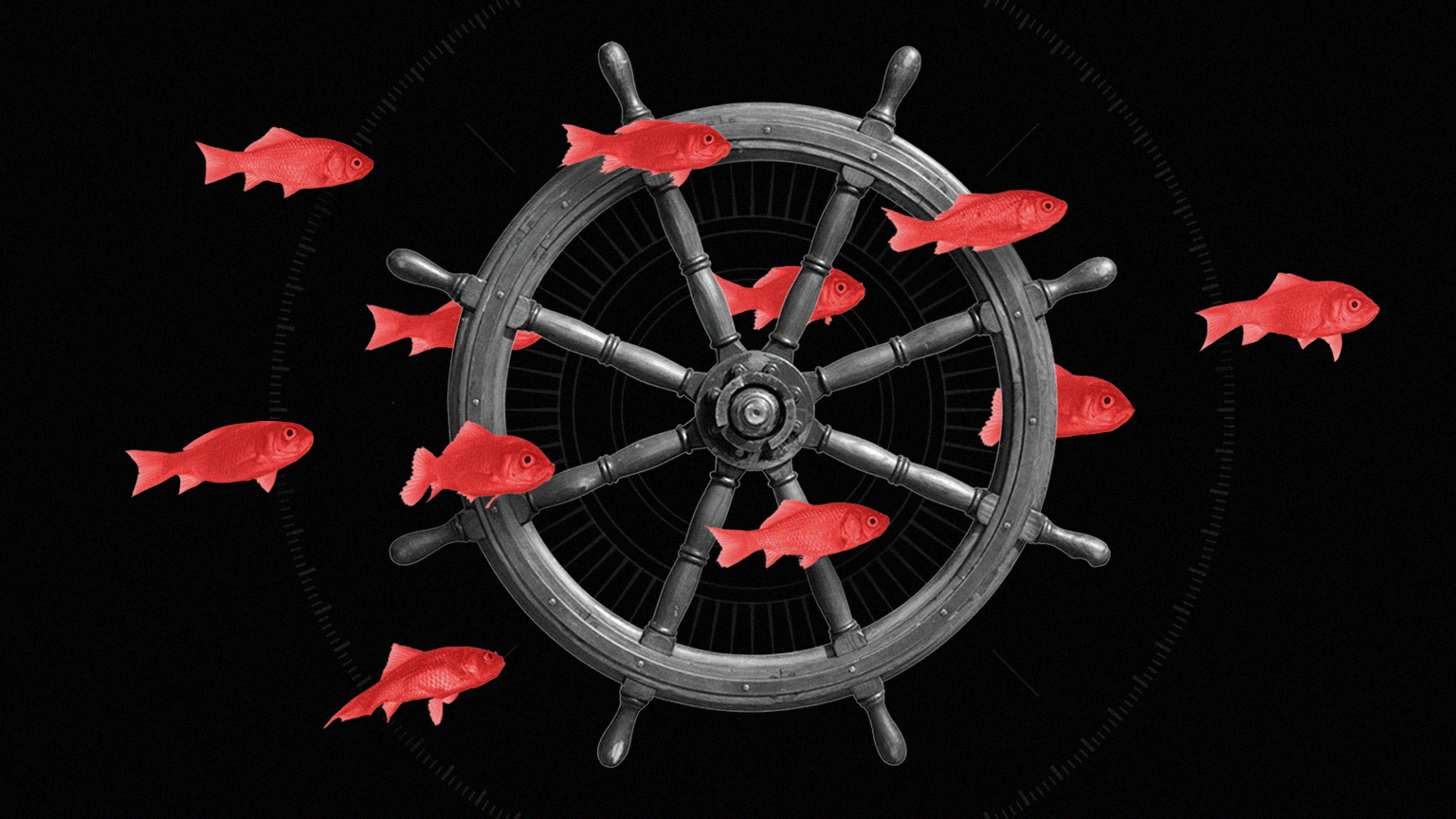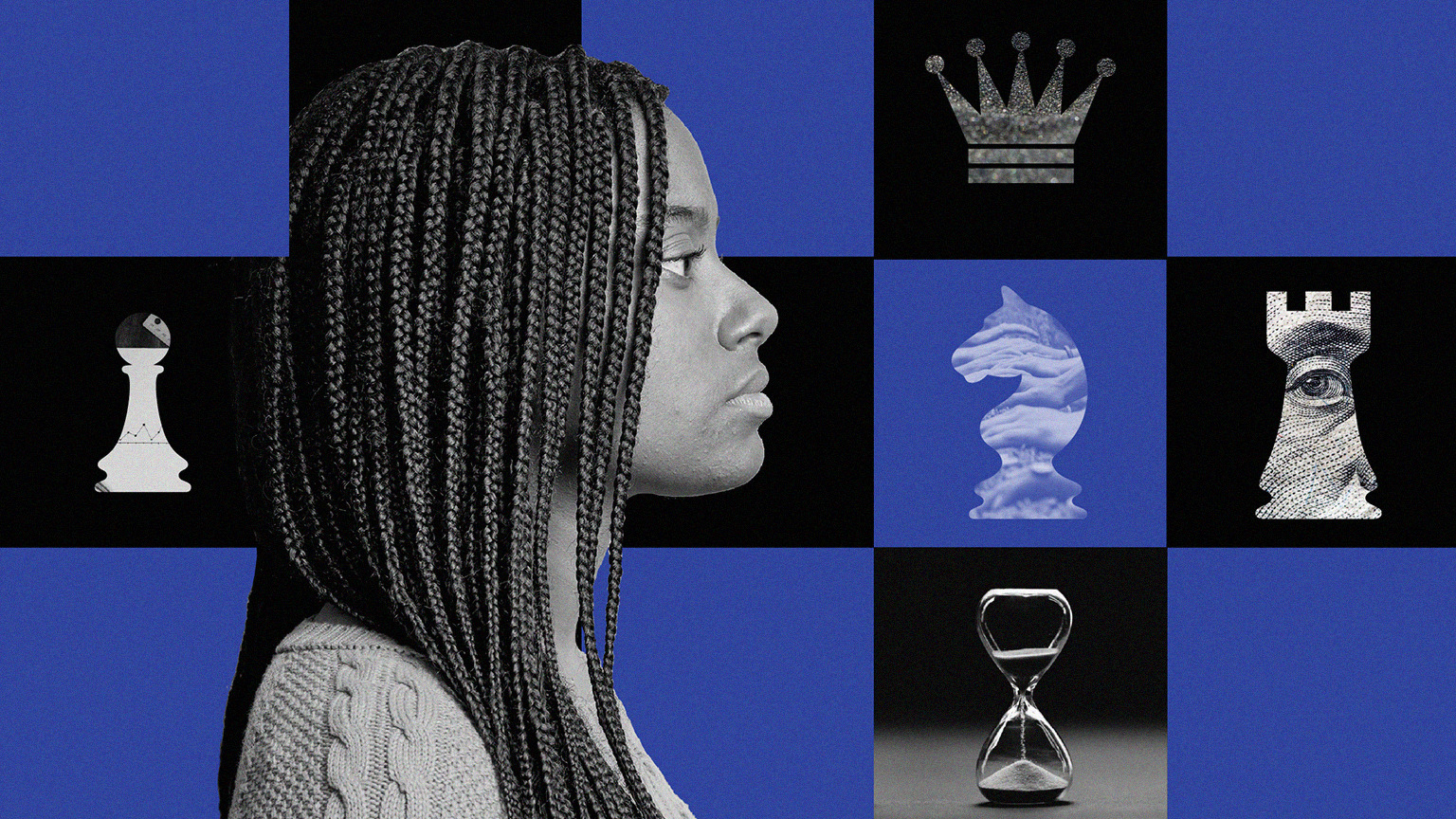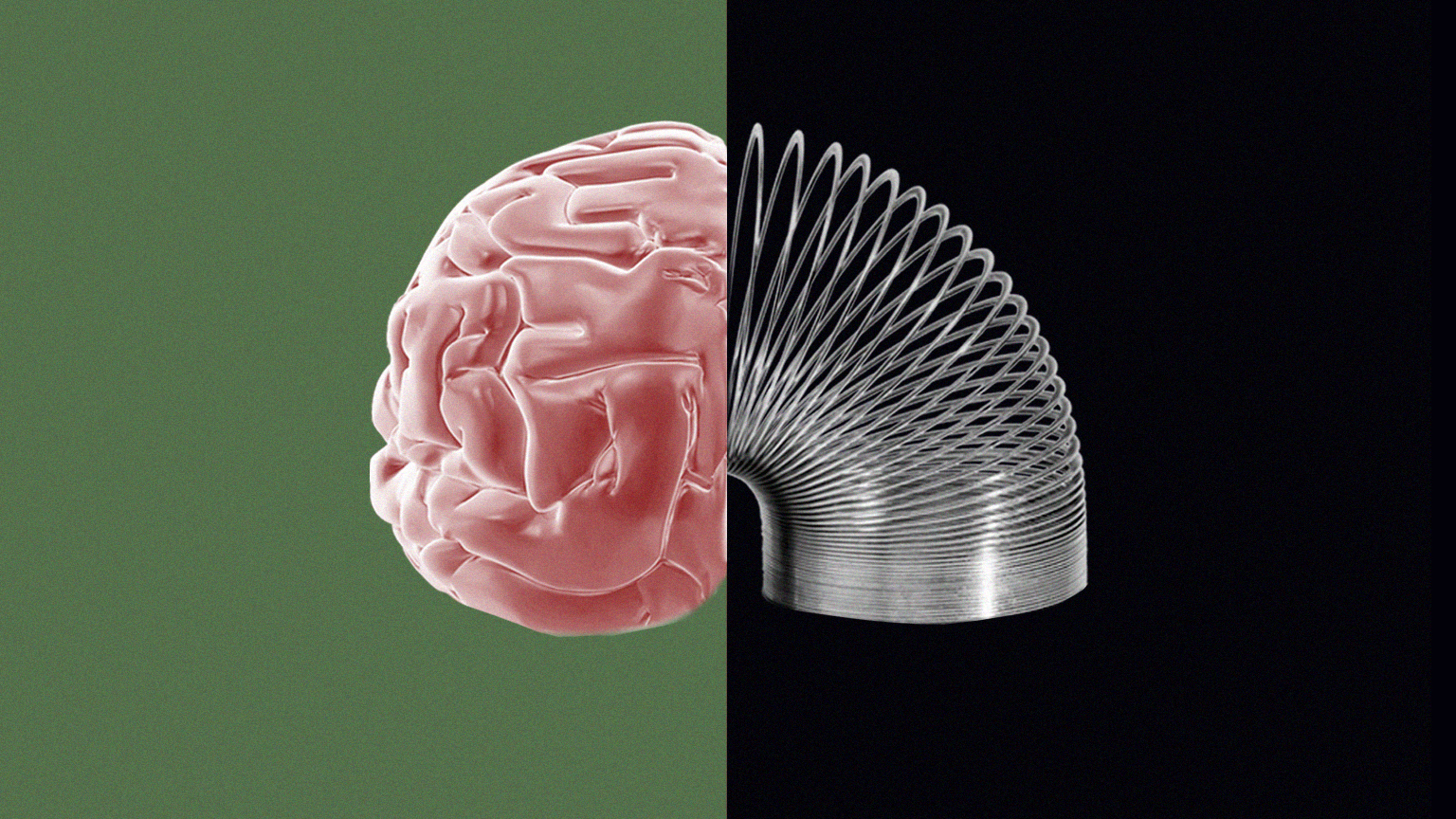Say goodbye to panic: Build your emotional agility

As the world seems to spin ever faster, “agility” has become more than something to which a business might aspire — it’s become an absolute necessity for any company looking to succeed. Achieving agility is trickier than it seems, though. At its heart is a paradox: The complexities that make agility so important are the very type of things that elicit emotional responses in us that are anything but agile. To master these volatile times requires of us a new sort of emotional and intellectual resilience, as Harvard psychologist Susan David explains in her Big Think+ expert class, Strengthen Your Emotional Agility.
The agile traits complexity requires
An organization prepared to respond to, and even take advantage of, rapidly changing conditions has to be capable of fluidly achieving several goals under pressure:
- Collaboration that leverages company expertise to arrive at the smartest conclusions.
- Thoughtfulness that seeks to comprehensively consider all of the ramifications of each decision.
- Inclusiveness that takes into account the varied perspectives and goals of all stakeholders.
- Carefully considered decisions that are made calmly and clearly.
The paradox: How humans respond to complex conditions
As David notes, the standard human response to rapidly changing, complicated conditions is basically the opposite of the above. She lists what “complexity evokes in our cognitive systems: shutting down, being very transactional, being exclusive, and being very quick to come to decisions.”
In our panic in the face of such pressure, we’re apt to engage in black-and-white thinking, and in making reactive, ill-considered snap decisions, often too quickly to even consider the options of other stakeholders. No company, David asserts, can be truly agile as long as its people are operating under stress, in a panic, and ultimately feeling guilty about all the questionable decisions being made, even as new issues continue to bombard them at blinding speed. It’s a recipe for disaster, and a terrible way to spend one’s career. By 2030, David says, experts expect depression to be the biggest cause of disability globally.
Strengthening Your Emotional Agility
David’s Big Think+ expert class presents a science-based methodology for each of us to become truly agile on a personal level, capable of navigating today’s world with clarity, effectiveness, and self-acceptance.
The lessons in the expert class are:
- Strengthen Your Emotional Agility: The Case for Agility in Organizations
- Strengthen Your Emotional Agility: Becoming an Agile Leader
- Strengthen Your Emotional Agility: The Warning Signs of Being Hooked
- Strengthen Your Emotional Agility: A 4-Step Process for Getting Unhooked
- Strengthen Your Emotional Agility: Affirming Your Values
- Strengthen Your Emotional Agility: Walking with Your Fear
- Strengthen Your Emotional Agility: Dealing with Difficult Emotions
- Strengthen Your Emotional Agility: Common Happiness Myths Debunked




